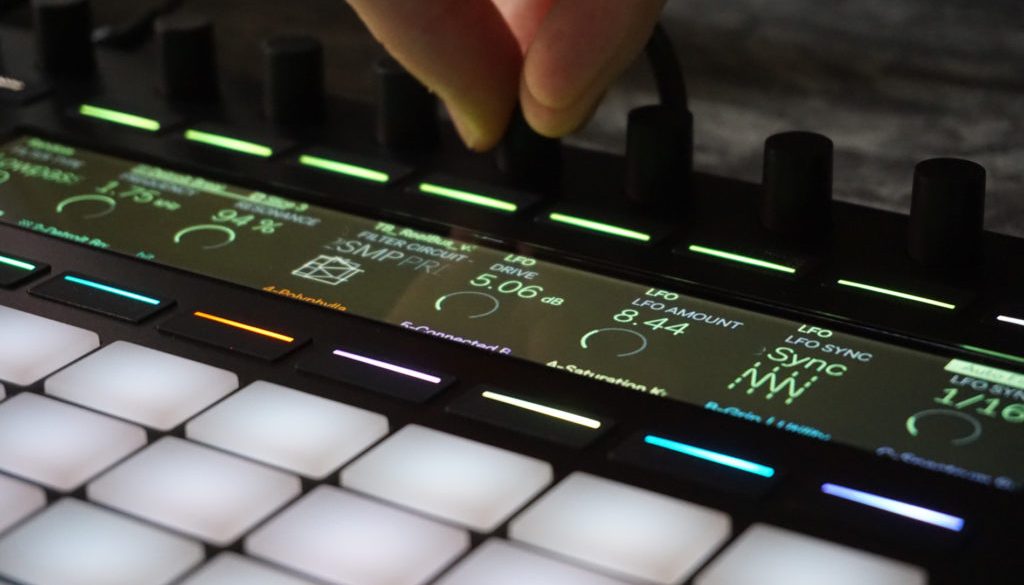HOW TO SELL YOUR BEATS ONLINE
Want to know how to make extra income and earn more exposure from your beats? Selling your beats online has emerged as a viable new way for hip hop and R&B producers to make a career from their studio work. It’s a new avenue of getting your beats to big-name artists and is the combination of a growing market demand, with the arrival of several fully-featured online commerce platforms that cater to this space.More
Selling beats online bypasses many of the traditional avenues associated with the music industry, allowing you to take things into your own hands. “To get started, you don’t need a team. You don’t need a manager. You don’t even need a lot of money. You only need two things: good music, and a way to put your beats in-front of an audience.
Prior to platforms like BeatStars and Airbit, Wesley says selling beats was a cumbersome process. With the new beat-selling platforms, things are far easier allowing young producers to sign up for free and start selling beats within half an hour. “These ‘Beat Stores’ mean you get paid instantly, and allow customers to easily access your files. All you need to do is upload the music, create your licenses, set your prices and then connect your PayPal.”
They offer different subscription plans. Usually, the free plans come with a commission fee for the beat store provider. “I recommend getting on a paid plan where you can keep all your revenue,” Wesley says.
MARKETING IS CRITICAL
Building a sustainable career out of your music involves a disciplined approach to how you spend your time marketing. “You are your own business, and you have to treat it that way,” says Trampe. “You have to be strategic about releasing new products and think about how you’re going to drive new customers to your music. The power is in your hands, but producers need to put themselves into a marketing mindset.”
The starting point is to stay consistent with uploading new beats, and promoting work on YouTube, Instagram, and other social media platforms, as well as building an email list of customers. Wesley encourages taking this further by developing a closer conversation with your audience.
“Beat-sellers don’t make money from day one. You need a plan to get started. How are you going to get your music heard, how will you close deals and get artists to pay for your beats?”
One strategy used by many producers is to present yourself as a real person that other artists can do business with, as opposed to hiding behind a logo or brand. “The industry is worldwide, and ‘trust’ plays a huge role.”
Wesley also emphasizes “customer conversion”, emphasizing that about 30% of his sales come from returning customers. “Even if you only have 100 people visiting your site, you should be able to convert at least four of them. If not, try to figure out why as you might be targeting the wrong people,” Wesley says.
THERE ARE NO SHORTCUTS
Selling beats is about scaling your business one sale at a time. There is no ‘get-rich-quick’ method, and no easy way of getting your music to someone like Drake.
“There is a lot of work that goes into it,” says Trampe from BeatStars. “You need to stay on top of your brand and get to know your audience. Who will be buying your productions? You might have a niche sound, so you’ll need to find the audience for it.”
“There are absolutely no shortcuts, and we’re upfront about that. With BeatStars’ educational resources, we’re trying to guide people in the right direction, teach them how to be entrepreneurs and successful.”
For a cohesive guide to selling your beats online, check out Robin Wesley’s guide here.
For more information to on selling on Airbit, check out their blog here.
For more BeatStars info, check out their FAQ page here.

